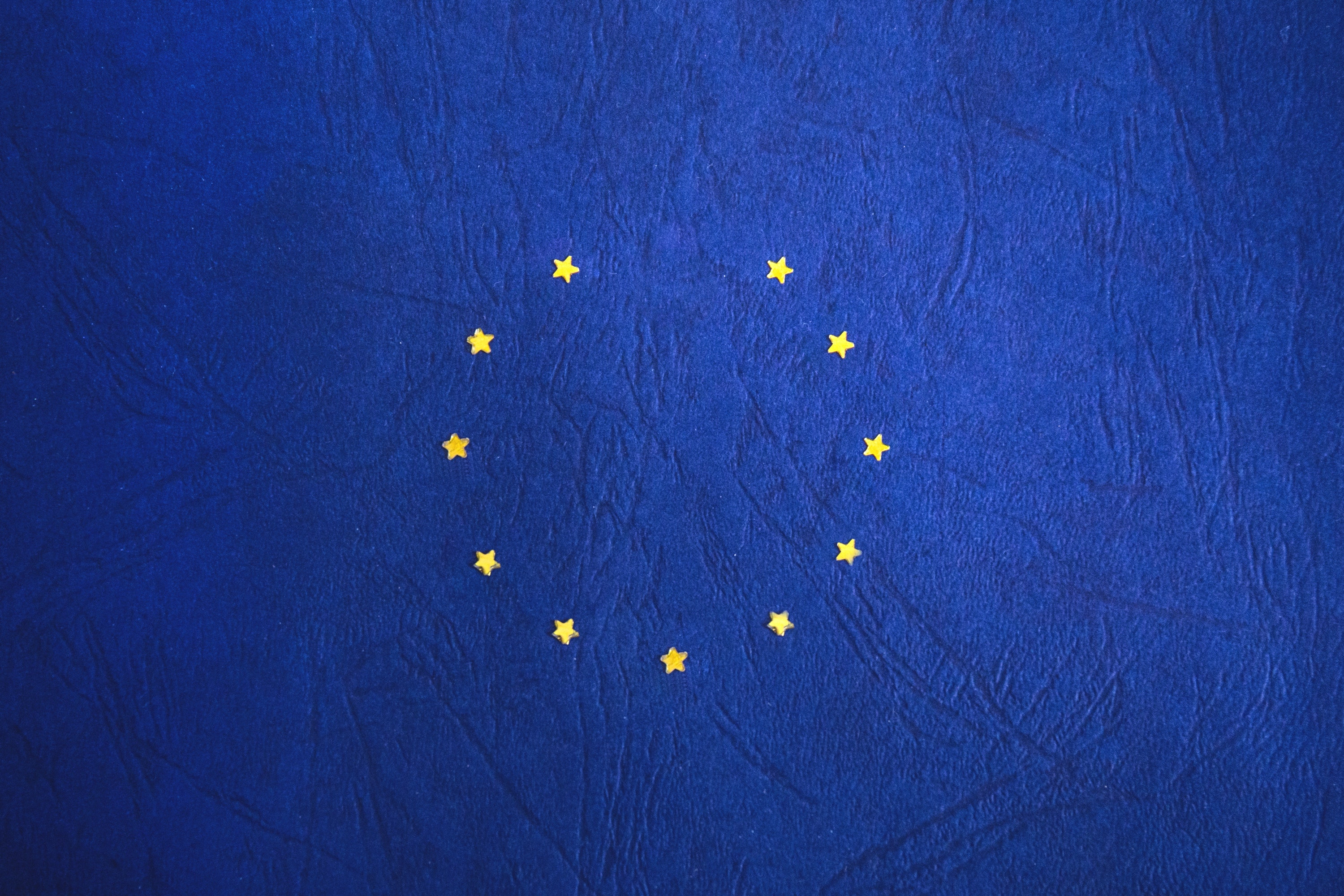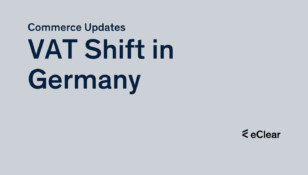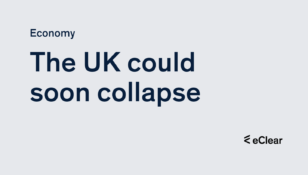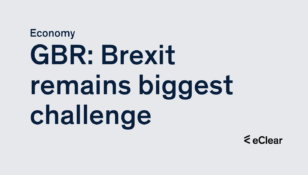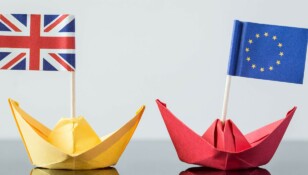Trade with the UK after Brexit
Since Brexit, the same regulations have applied between the European Union and the United Kingdom as between the EU and other non-EU third countries. To be allowed to trade with the United Kingdom, merchants must first register.
The United Kingdom left the European Single Market and the Customs Union on 31 December 2020 as part of the so-called Brexit. Find out how the new agreement will affect e-commerce with Great Britain and Northern Ireland.
Tax regulations after Brexit
VAT
Goods supplied to GB are exempt from VAT in the European Union as long as proof is provided that they have left the EU (proof of export). VAT applies to the importation of goods and services into the UK.
Excise duties
Goods that fall into excise duties (such as tobacco, alcohol, and fuels) are subject only to GB regulations. The “Excise Movement and Control System – EMCS” should be used to avoid excise duties when exporting from the EU.
All goods imported from GB are subject to the excise duties of the respective importing country. However, one must be aware of the numerous exceptions and exceptional cases.
Import VAT
Goods are only subject to VAT of the respective importing country.
Post-Brexit trade restrictions
The trade and transport of certain goods, such as precursors for medicines or weapons, are regulated according to the EU’s Prohibited or Restricted list and are partly prohibited. In addition, all agricultural goods require import certificates.
EORI number & Customs declaration
Online merchants need a so-called EORI number. It is issued by customs and is required for automated and digital customs clearance. With the EORI number, companies can declare the export to the UK to customs online and receive electronic clearance from customs. This includes registering as a “Registered Exporter (REX)” to take advantage of priority or preferential treatment or reduced duties for shipments of goods over €6,000 in value. To benefit from reduced customs duties, merchants require proof of preference and a certificate of origin. The documents are used to make a “declaration of origin”. This proves that the goods were produced in the respective country (i.e., GB or EU). Without proof of preference, customs duties according to WTO standards may apply.
Furthermore, a customs declaration is required for each export. The company issues a commercial invoice without VAT, stating it is a foreign supply. An export certificate may also be required. As in export trade, merchants also need an EORI number issued by customs for automated and digital customs clearance and an electronic customs declaration with the customs authority of the importing country. In some cases, GB will also require an import and export declaration.
Note: The so-called Authorised Economic Operator (AEO) is still recognised by the EU and Great Britain.
The £135 / €150 threshold
There is a delivery threshold for trade with the United Kingdom. Deliveries to the UK up to a value of £135 (€150] are generally exempt from customs duty and import VAT.
Nevertheless, VAT is charged on importation: The merchant from a third country assumes this obligation. To complete this, the merchant must first register for VAT in Great Britain and issue the invoice to his British private individual with British VAT. The “third country” merchant then pays the VAT collected to the British tax office on behalf of the British private individual.
B2C (small shipments to private customers)
The merchant registers for tax purposes in Great Britain. In addition, he issues the invoice with GB VAT and pays it to the GB tax authorities.
Exception: If the sale is made via an online marketplace (e.g., Amazon or eBay), the marketplace operator is responsible for VAT registration and payment in GB.
B2B (small shipments to businesses)
No VAT will be charged if the UK buyer provides a valid VAT ID. The invoice should contain a reference to the reverse-charge procedure. The British buyer is obliged to pay the VAT.
Returns
Trade goods brought back into the EU-27 from GB after Brexit can be imported duty-free as returned goods. However, proof must be provided that the goods had the character of “Union goods” before they were brought into GB.
Goods that were delivered to the UK before 01/01/21 (at that time still an “intra-Community delivery”) and are subsequently re-imported into the EU with a customs declaration can also be cleared duty-free as returned goods if proof is provided that the Union goods were delivered to the UK before the end of the Brexit transition period. However, the goods must be in the same condition at import and export for at least three years.
E-commerce sales in the UK via online marketplaces
In the case of online sales via online marketplaces, including those based outside the UK, the marketplace operator in the UK must make the B2C sale to the UK customer himself. He handles the customs clearance of the import, issues the proper invoice to the customer and declares and pays the VAT or import VAT in his own UK VAT return. He must also comply with the VAT record-keeping and archiving obligations.
The distinctions according to the value of goods of GBP 135 (see above) also apply to online marketplaces.
The goods are located in Great Britain at the time of sale
Suppose goods are imported from Germany to Great Britain into a warehouse or fulfilment centre (e.g., Amazon FBA) in GB to be stored there. In that case, there is no so-called exchange of services and a non-taxable turnover. Accordingly, the trader must provide proof of export and pay customs duty and import VAT in Great Britain.
Deliveries from a warehouse in Great Britain
Suppose goods are sold from a GB warehouse via a marketplace. In that case, the marketplace operator has all VAT obligations for deliveries to private individuals. GB VAT must be paid and invoices issued to customers.
Delivery of services to Great Britain
No VAT is levied by EU VAT law.
Purchase of services from Great Britain
VAT is due in the country of the customer.
The OSS procedure – VAT on supplies to Great Britain
On 1 July 2021, the VAT liability for cross-border sales of goods changed for merchants due to the entry into force of the VAT digital package. Find out here about the changes in B2C distance selling that are also important for merchants.
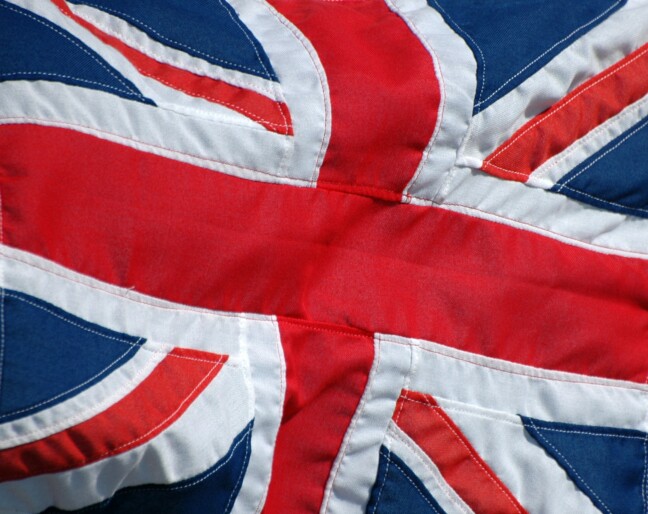
INTRASTAT and foreign trade statistics in trade with Great Britain and Northern Ireland
For Great Britain, the declaration procedure is carried out within the framework of the IT procedure ATLAS or automatically via the customs declarations. For Northern Ireland, the submission of INTRASTAT declarations continues to apply.
Regulations for import and export with Northern Ireland
Due to the unique situation of Northern Ireland, different conditions apply to goods imported from or exported to it.
Theoretically, all provisions in Northern Ireland continue to be subject to EU law, i.e., the procedure is the same as if Northern Ireland were still an EU member. Customs formalities do not apply; VAT rules are the same as EU rules, as long as the goods and commodities remain in Northern Ireland.
The same rules apply to goods entering the EU from non-EU countries to goods entering Northern Ireland from non-EU countries (including Great Britain). Additional controls (for example, for animal transport) may also apply.
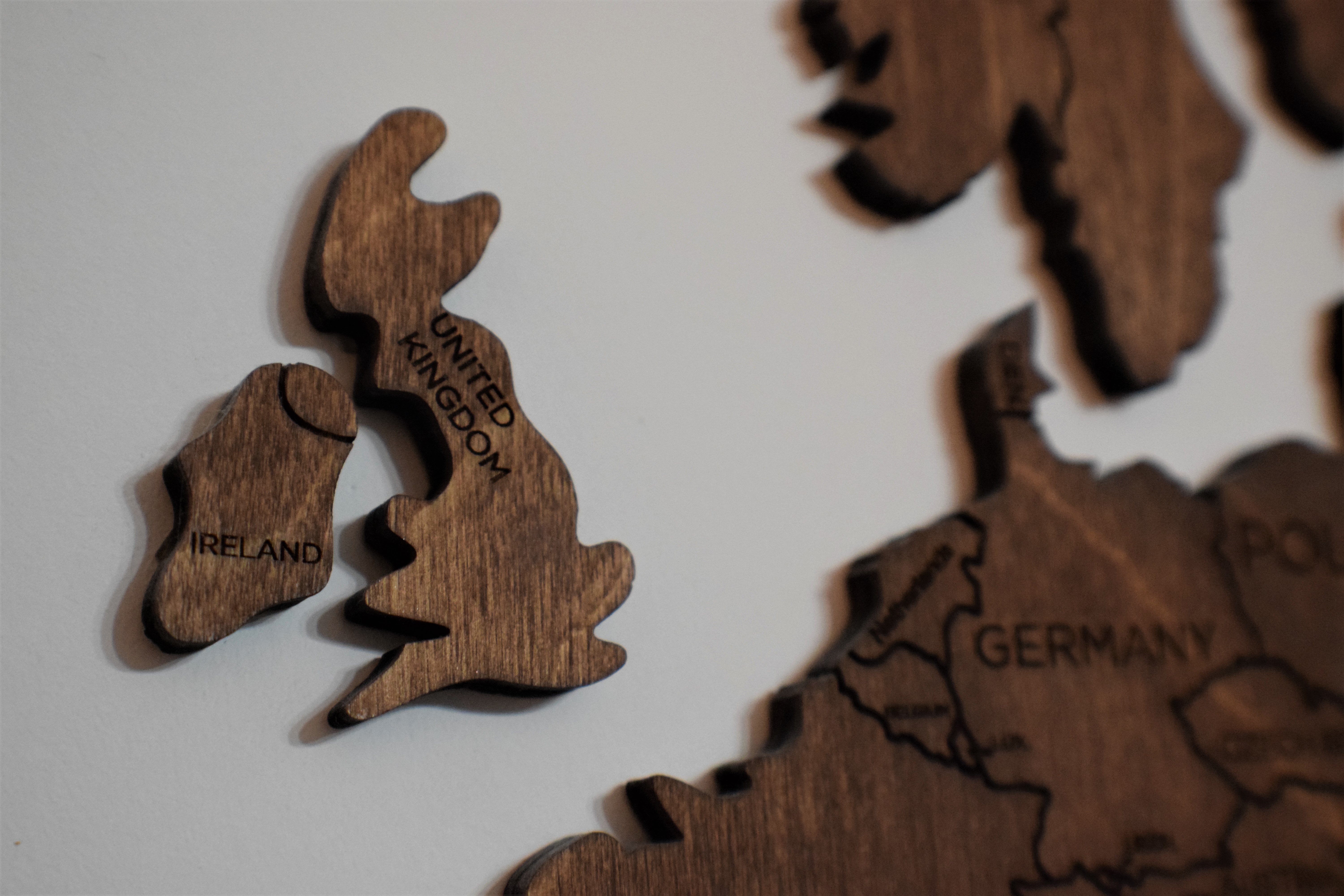
Special rules apply to Northern Ireland since Brexit
Market access rules
The Northern Ireland Protocol to the Withdrawal Agreement provides that Northern Ireland will remain in the EU single market for goods. Consequently, there may be different product requirements in Great Britain and Northern Ireland.
CE/UKCA
The new UKCA marking regulations will not be applied in Northern Ireland. CE marking can still be used for the Northern Ireland market.
UK-REACH
The special chemicals’ regime UK-REACH changes do not apply to Northern Ireland. Goods can be exported to Northern Ireland under the previously existing conditions.
Food labelling
For Northern Ireland, EU rules continue to apply.
Dairy products regulation
In Northern Ireland, the EU Medical Device Regulation (MDR and IVDR Regulation) continues to apply.
VAT regulations for Northern Ireland
German exporters of goods do not charge VAT: the reverse-charge procedure continues to apply. Northern Irish will receive a new VAT number with the XI for intra-Community supplies.
Suppliers can charge their country’s VAT if they do not exceed the country-specific threshold: Ireland: €35,000 and Germany: €100,000. If the turnover exceeds this threshold, the country’s VAT where the customer is located must be charged. If turnover is below the threshold, businesses can charge local VAT.
Attention: This does not apply to services.
